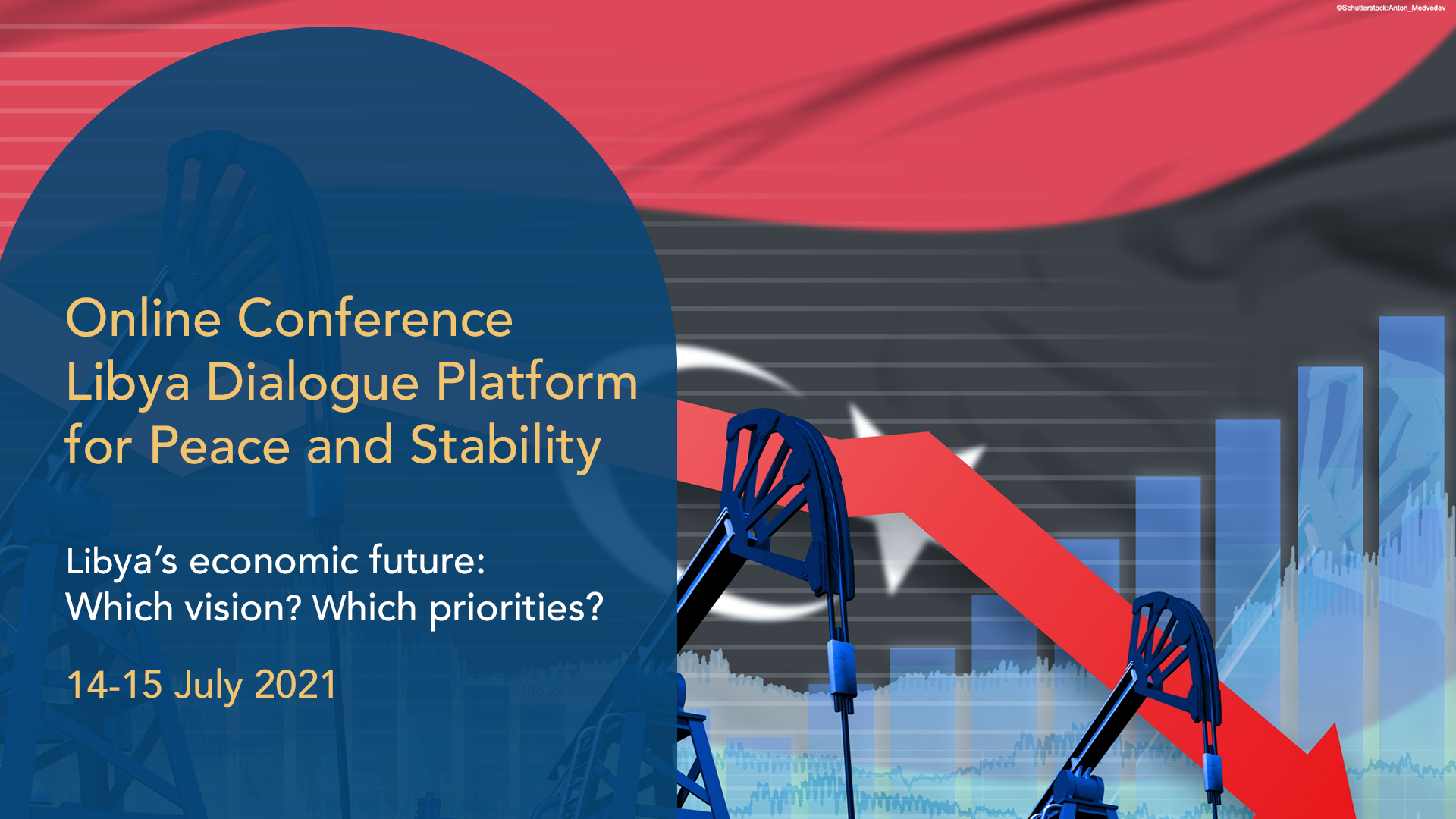
How can Libya’s economic future be envisioned now that a unified government has been formed but while some of the main drivers of conflict remain? What economic priorities need to be addressed to ensure sustainable peace and development in the long run? While there is widespread acknowledgement of the problems pervading Libya’s economy, there is no unified vision among Libyans of the economic governance system that they should aim for.
There have been several attempts over recent years to generate discussion among Libyans about the future of the state’s governance structures. However, disagreement remains over how best to undertake economic reform. Moreover, the economic dialogue track has remained distanced from the political negotiations.
The conference will gather academics from various countries and backgrounds, Libyan economic experts, technocrats and political figures, and international policymakers to discuss visions and practical economic solutions for how to run the post-conflict Libyan economy. It is a follow-up to previous closed workshops on Libya’s economy organised by the Middle East Directions programme. It is also based on a series of research papers entitled ‘Economic Vision in Transition Times,’ which share the highlights and challenges of economic models implemented in Russia, Malaysia, Ethiopia, Rwanda and Chile to inform Libyan economic policy choices.



